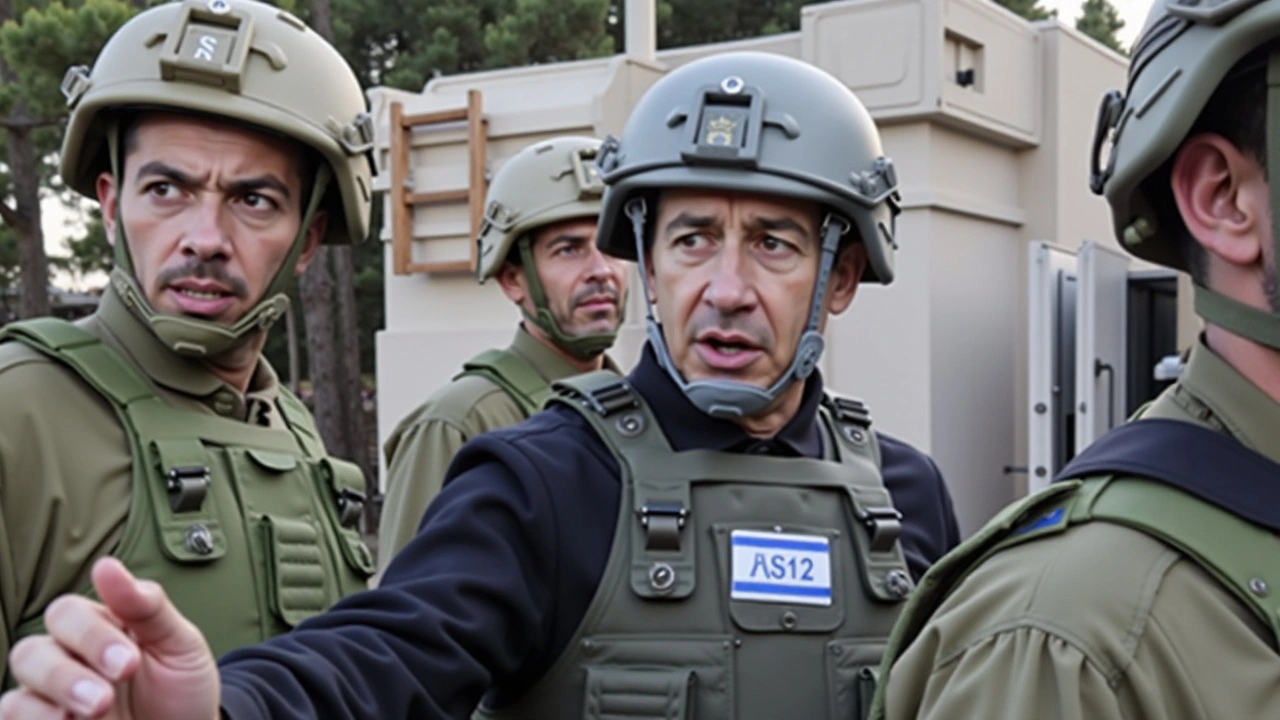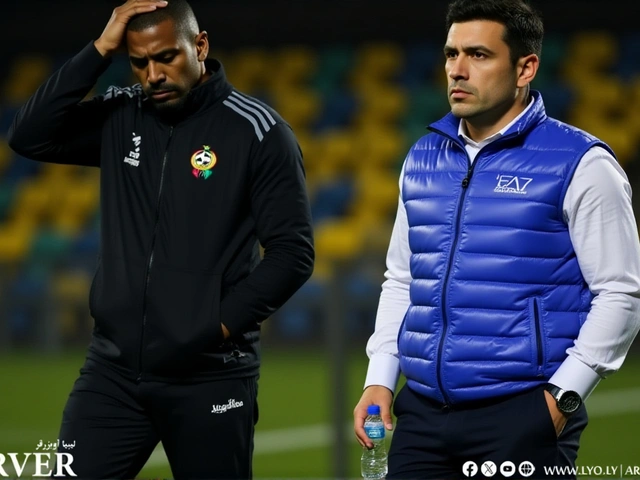Netanyahu's Confrontation with Western Powers
In a bold and decisive statement, Israeli Prime Minister Benjamin Netanyahu has dismissed calls from French President Emmanuel Macron, among others, for an arms embargo on Israel. Such a proposal, which aims to halt weapons deliveries to the nation, was met with the words 'Shame on them' from Netanyahu, illustrating his grievance and disapproval of what he perceives as unjust pressure from Western allies. Netanyahu emphasized that Israel would persevere in its struggle, emphatically declaring that the country will emerge victorious with or without external support.
Macron's Perspective on the Israeli-Palestinian Conflict
President Macron, in a discourse with France Inter, outlined critical concerns over the ongoing military actions in Gaza. He criticized what he termed as a 'genocidal war,' urging a shift towards diplomatic resolutions instead of warfare. Macron's stance highlights France's apprehension about the deteriorating humanitarian situation in Gaza, advocating for a political resolution that halts weapon supplies intended for Gaza hostilities. He further cautioned against conflict spillover into Lebanon, emphasizing that another war-torn region must be avoided.
The Impact of Israeli Military Operations on Gaza
The Israeli military offensive in Gaza has spawned significant global chastisement. According to figures from Gaza's Ministry of Health, since the onset of operations on October 7, 2023, at least 41,870 Palestinians have lost their lives, with an additional 97,166 injured. Alarmingly, over 11,000 individuals remain unaccounted for, feared deceased under the remnants of what once were their homes. This military campaign has not only led to tragic loss of life but has also intensified a humanitarian crisis with the emergence of severe famine, predominantly in northern Gaza, and the forcible displacement of nearly two million residents across the strip.
Rift in International Relations
The exchange between Netanyahu and Macron reflects a more profound schism between Israel and Western countries. Macron's arms embargo proposal underscores heightened international anxiety over the humanitarian distress and the lack of any political breakthroughs in sight. Netanyahu's insistence on Israel's right to self-defense portrays a discord that could escalate into enduring diplomatic estrangement, raising critical inquiries about Israel's long-held alliances.
Responses to International Criticism
Despite global censure, Netanyahu remains steadfast in his approach, reflecting the broader Israeli political sentiment of prioritizing national defense over international admonitions. This firm stance beckons a critical question: how far can Israel continue to operate independently of Western backing? Several countries have grappled with the dilemma of supporting Israel while balancing the moral and humanitarian implications emanating from the Gaza conflict.
Humanitarian Crises and Political Complexities
The on-ground reality in Gaza presents a dire humanitarian situation. The compounding situation necessitates immediate international attention, not merely in terms of aid but in carving out enduring political solutions. The U.N. and multiple international bodies advocate for ceasefires and increased humanitarian access, emphasizing that emergency measures must guide any immediate international response.
The complex geopolitics of the region make finding solutions all the more challenging, as historical conflicts and unresolved territorial disputes continue to fuel the animus. The Israeli-Palestinian conflict, holding a decades-long legacy of strife, calls for nuanced policies that address both immediate humanitarian needs and long-term peacebuilding endeavors. These policies should ideally mitigate suffering while fostering shared understanding and cooperation.
Future Peace Prospects
As global leaders weigh the costs of either endorsing or opposing strains such as the arms embargo on Israel, they will need to grapple with complex moral and ethical questions. The discourse will remain whether pragmatic policies focusing solely on national security are sustainable without addressing core issues plaguing the region. Macron's call for diplomacy emphasizes a potential pathway, yet requires broad commitment and a multilateral approach for any plausible solution.
The consequences of the present discord between Netanyahu's hardline position and calls for peace and restraint from international actors will unfurl in the months and years to come. Whether Israel can navigate these troubled waters while maintaining crucial international allies remains to be seen, as global history suggests the delicate balance between national security and international diplomacy often shapes decades to come.






